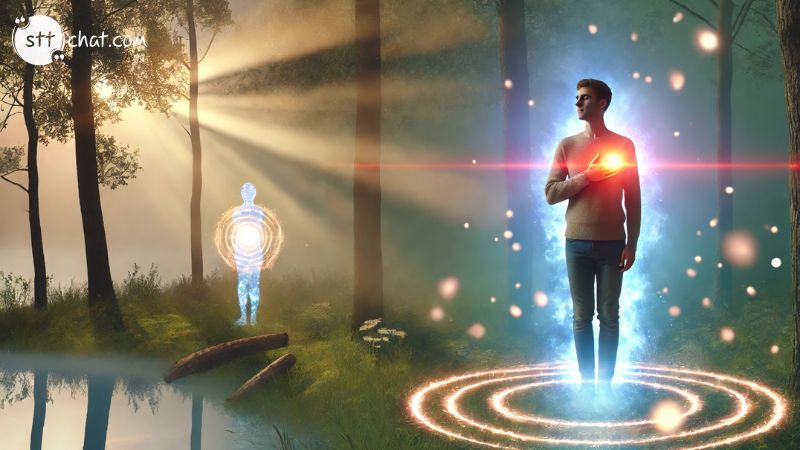In the fast-paced world we live in, it's easy to lose sight of who we truly are. We often find ourselves shaped by societal expectations, influenced by the opinions of others, and confined by the beliefs instilled in us since childhood. However, the path to true happiness and fulfillment lies in rediscovering and embracing our authentic selves. This journey is not only about self-awareness but also about healing, setting boundaries, and living confidently. Let’s explore how to embark on this transformative journey.
1. The Power of Self-Knowledge
The first step in this journey is getting to know yourself on a deep level. It’s about understanding your preferences, dislikes, values, and boundaries. Self-knowledge is the foundation of self-confidence. When you know who you are, you become less vulnerable to external influences and more in tune with what genuinely makes you happy.Think about it: How often do you make decisions based on what others might think rather than what you truly want? By investing time in understanding yourself, you can start making choices that align with your true desires, leading to a more fulfilling life.

2. Breaking Free from External Influences
We are all products of our environments to some extent. From a young age, we absorb beliefs, values, and expectations from our families, friends, and society. These influences can sometimes lead us away from our true selves, creating a disconnect between who we are and who we think we should be.The key to breaking free from these external influences is to start questioning them. Ask yourself: Are these beliefs truly mine? Do they serve my happiness and well-being? By challenging the beliefs that no longer serve you, you begin to redefine yourself based on your own truths rather than those imposed on you by others.
3. Reframing Negative Beliefs
Childhood experiences often leave a lasting impact on how we perceive ourselves. Negative experiences, in particular, can lead to the formation of limiting beliefs—such as the belief that you are not good enough, unworthy of love, or destined to fail. These beliefs can carry into adulthood, affecting your self-esteem and overall well-being.The good news is that you have the power to change these beliefs. Start by identifying the negative narratives you tell yourself. Then, consciously reframe them into positive affirmations. For example, if you believe you’re not good enough, replace that thought with a more empowering one: “I am capable, worthy, and deserving of success.” Over time, this practice can help rewire your mindset and build a stronger, more positive self-image.
4. Acting with Intention, Not Reaction
One of the most significant shifts you can make on your journey to self-discovery is to start acting with intention rather than reacting out of habit or fear. Many of us go through life on autopilot, making decisions based on what feels safe or familiar rather than what truly aligns with our desires.
5. Setting Non-Negotiable Boundaries
As you become more in tune with who you are and what you want, it’s essential to establish boundaries that protect your well-being. Boundaries are non-negotiables—lines you draw to maintain your mental, emotional, and physical health.Setting boundaries is not about keeping others out; it’s about honoring your needs and ensuring that your interactions with others are respectful and supportive. Whether it’s saying no to a commitment that drains you or limiting contact with someone who disrespects your values, boundaries are crucial for maintaining your sense of self and living authentically.
6. Embracing the Healing Process
The journey to self-discovery and authenticity is not always easy. It often involves revisiting past traumas, confronting uncomfortable truths, and working through emotional pain. This healing process is essential for letting go of the past and moving forward with a renewed sense of self.
7. Living Authentically and Confidently
Ultimately, the goal of this journey is to live authentically and confidently. When you know who you are, break free from external influences, reframe negative beliefs, act with intention, set boundaries, and embrace healing, you become empowered to live a life that is true to yourself.Living authentically means making choices that align with your values, expressing yourself honestly, and pursuing what truly makes you happy. Confidence naturally follows when you are true to yourself, as you no longer feel the need to seek validation from others.






